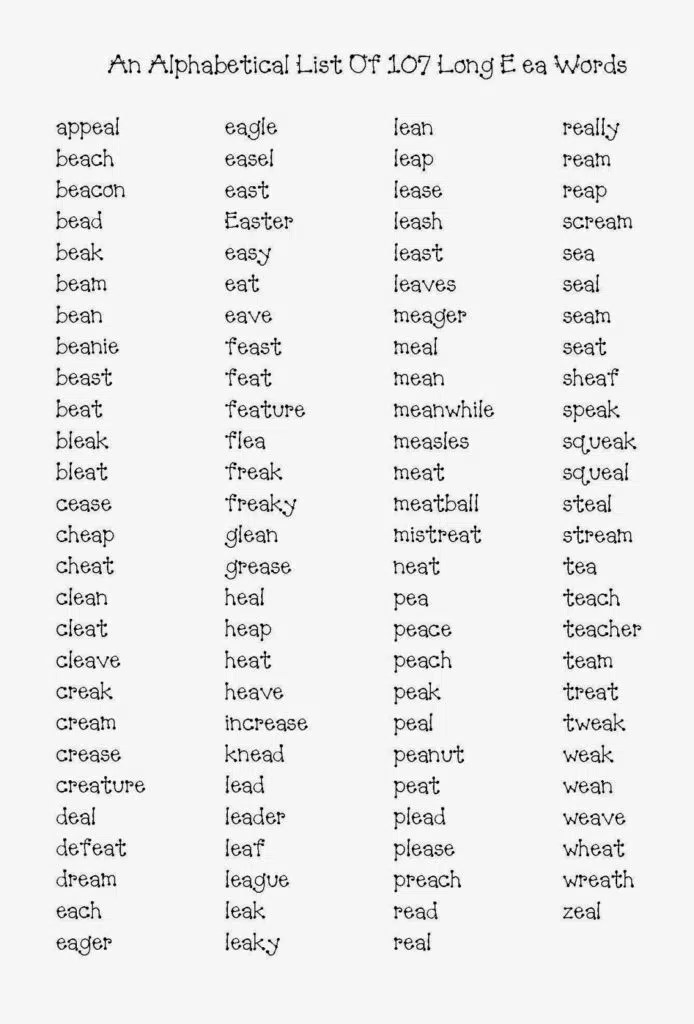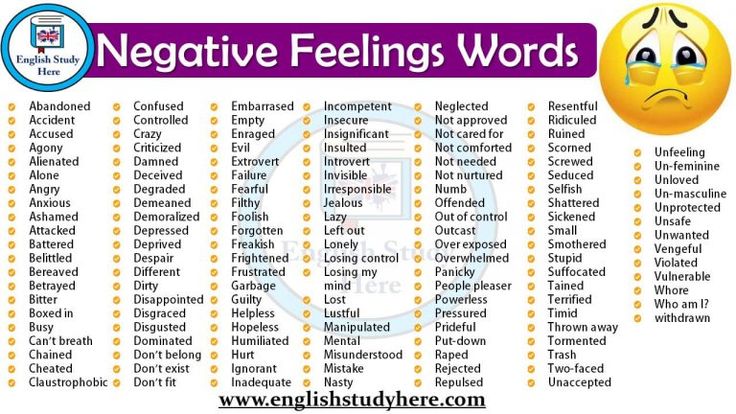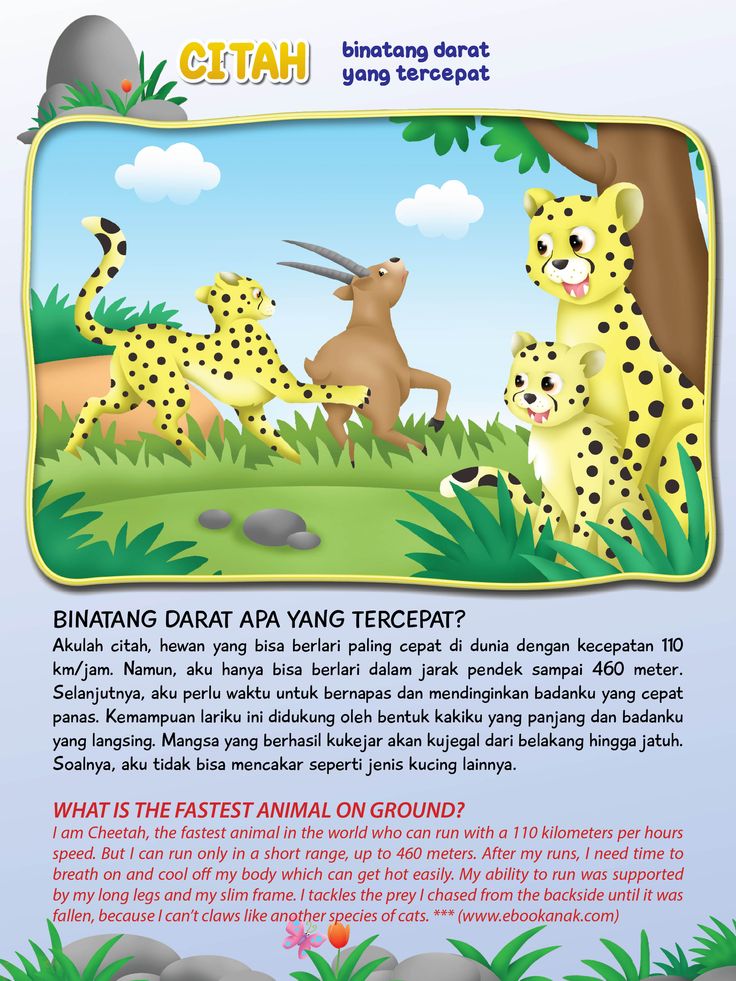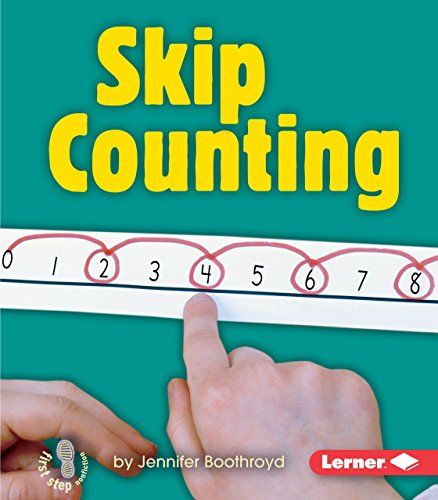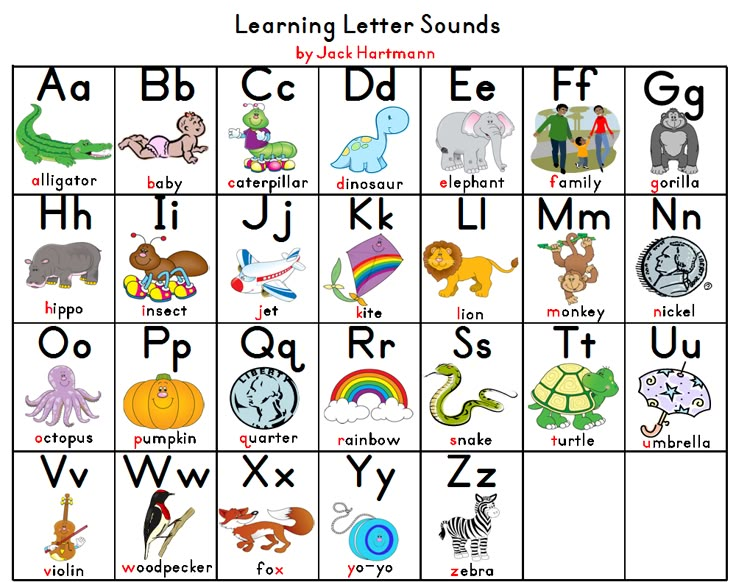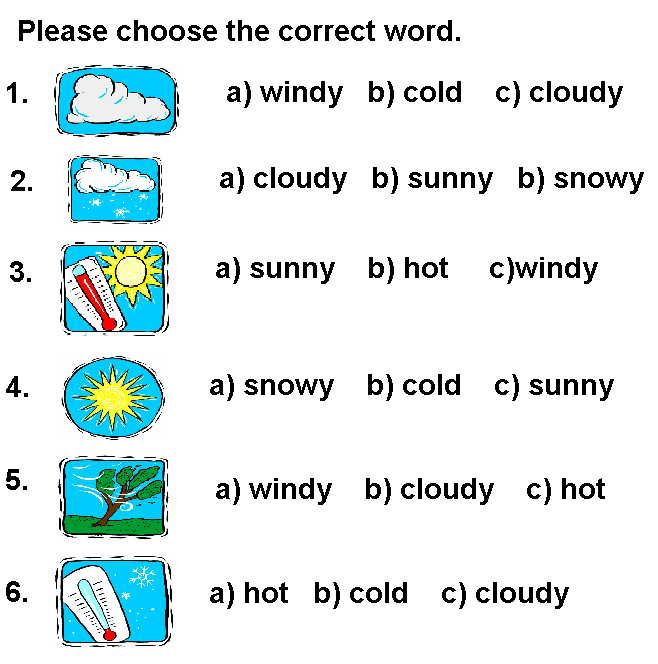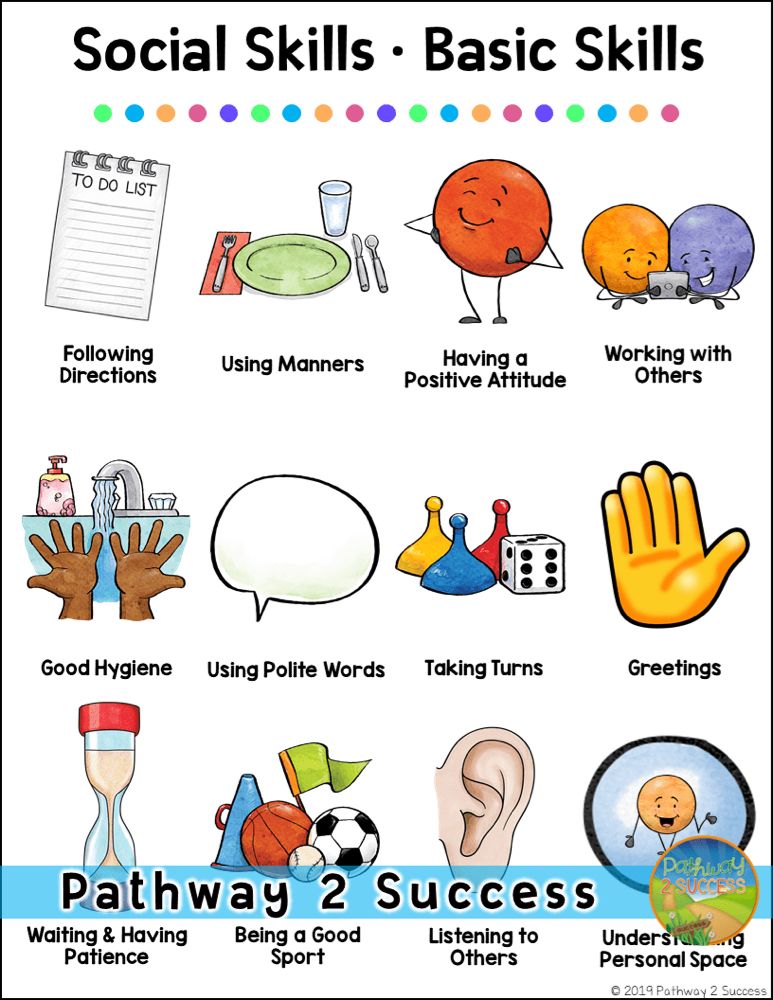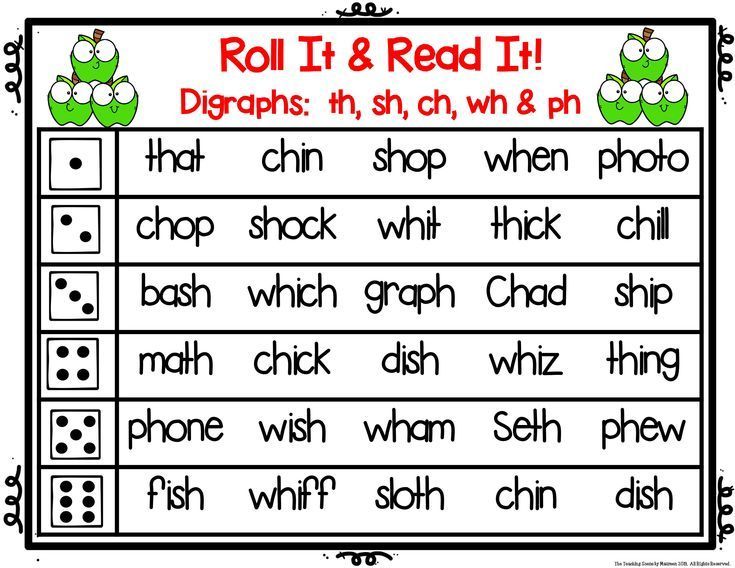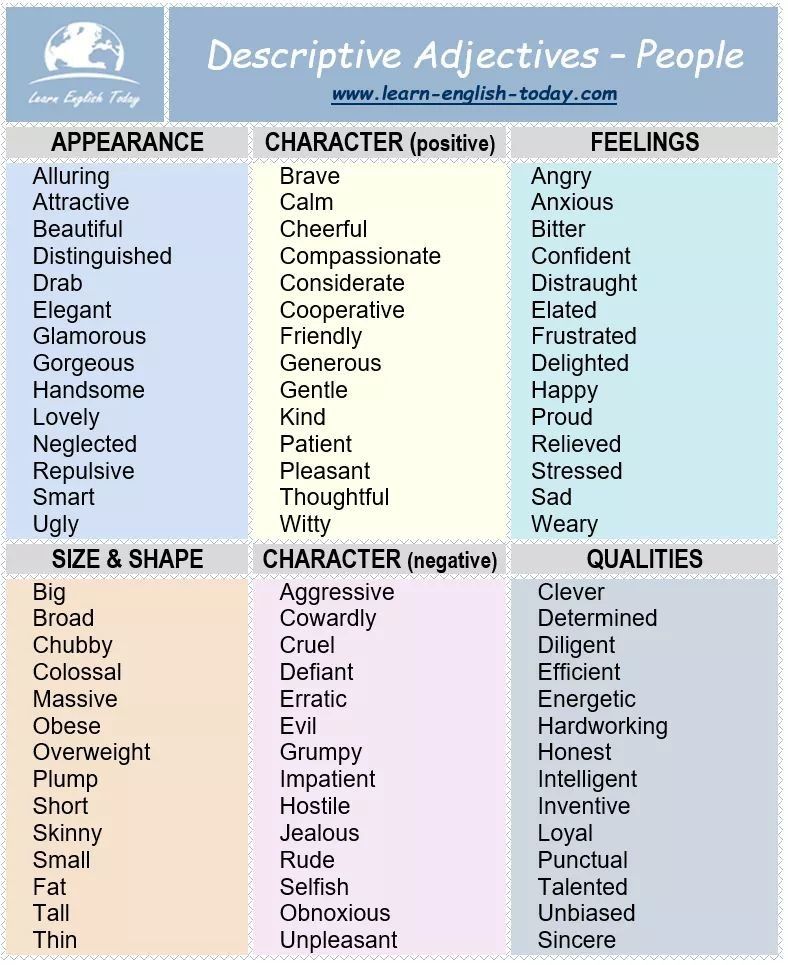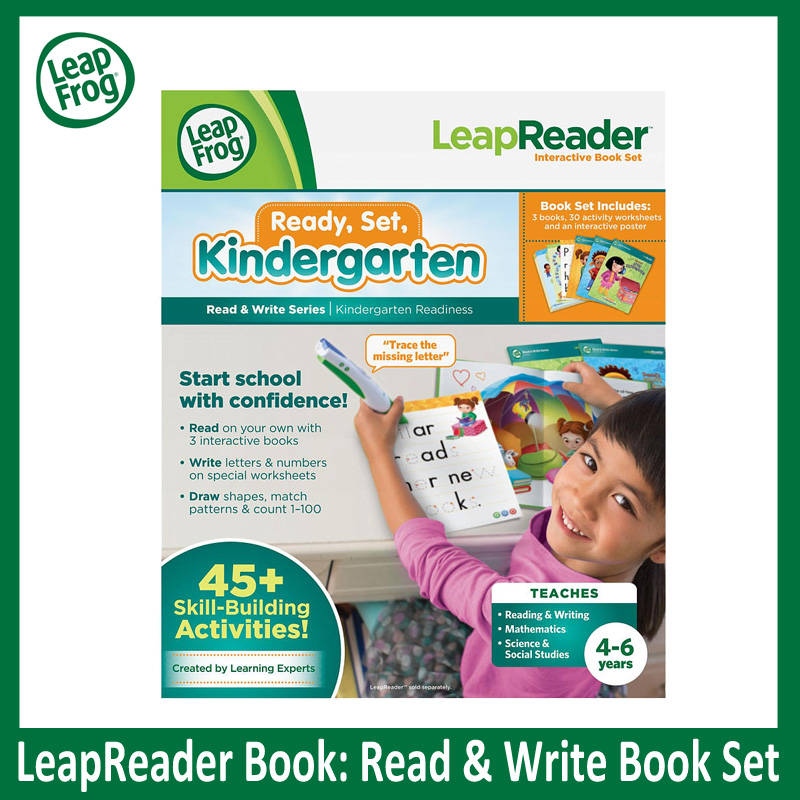List of rhyme words for kids
Rhyming Words for Kids (Complete List)
Many of us have fond memories of learning nursery rhymes and rhyming stories when we were children.
These tales are important because they expose children to rhyme, which is essential for language development. Children who have strong early language abilities, including listening and speaking, are shown to develop more robust reading and writing skills.
Helping your child recognize and use rhyme will help them first with their verbal language and then with their literacy. Introducing rhyming words for kids is an excellent way to do that.
Table of Contents
- How Do You Teach Rhyming Words To Children?
- Rhyming Words For Kindergarten
- Rhyming Words For First Grade And Older
- Any Time Can Be Rhyme Time
How Do You Teach Rhyming Words To Children?
Children learn about rhyme in three stages, although there is much overlap as they move from one step to another.
Rhyme Exposure
This is when your child hears rhyming words. This can be in songs while reading rhyming together, or elsewhere. At this stage, you should point out rhyming words to your child.
Rhyme Recognition
Once your child hears a rhyme and points it out, they have reached the stage of rhyme recognition.
Rhyme Production
Finally, your child will be able to produce rhyme themselves. They may take great pride in asking you questions, such as, “Do you know what rhymes with door? More!”
While this may seem like a small thing to you, to them it’s big. Make sure to show them that you’re impressed with their newly-found knowledge.
Ways To Teach Rhyming Words
Make learning to rhyme fun by using some of these methods.
Share Rhyme In Books, Poems, And Songs
Reading rhyming books and poems and singing together will expose your child to rhymes in a fun, relaxing way. Read the complete story or sing the entire song first and then go back and point out the rhymes.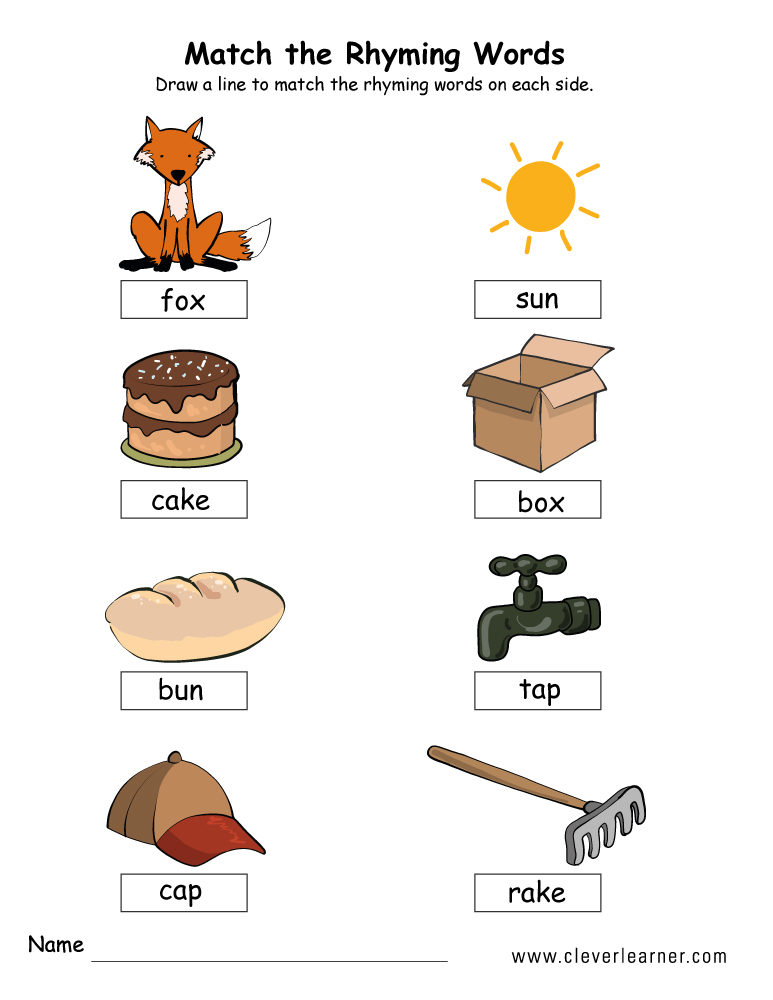
Then, when your child is aware of the concept of rhyming, ask them to point out the pairs of rhyming words they hear or read.
Once your child is familiar with rhymes, read or sing, but don’t say the second rhyming word. Instead, ask your child to provide a suitable rhyme.
Puzzles
Rhyme word puzzles are a fun way for your child to practice pairing up rhyming words.
Clip Cards
Not all rhyming words have the same spelling at the end. To prevent your child from becoming confused by the spelling, use peg cards where your child picks the correct rhyme according to the picture.
Lap Books
Create nursery rhyme lap-books with your child. First, print out the standard nursery rhyme and then have your child replace the original word with another of their own that rhymes.
Rhyming Dictionaries
Help your child find suitable rhyming words with a rhyming dictionary.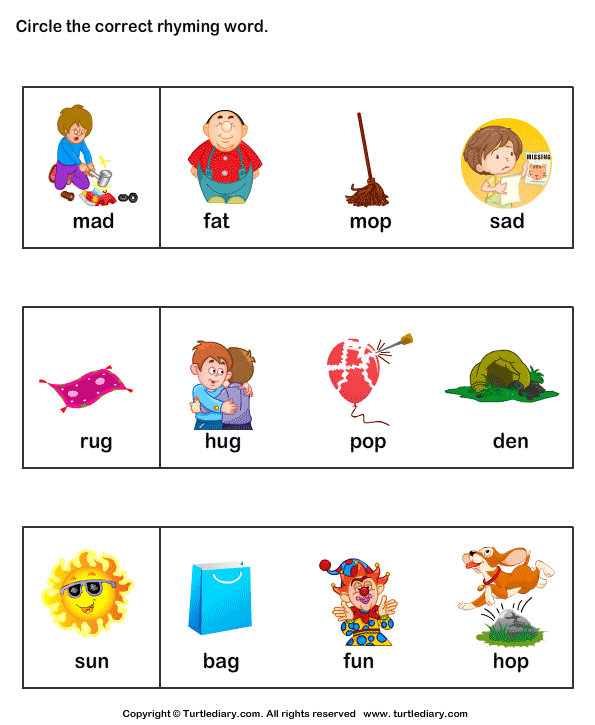 These can be immensely helpful no matter what age you are, especially if you are a teacher, writer, or write lyrics for songs.
These can be immensely helpful no matter what age you are, especially if you are a teacher, writer, or write lyrics for songs.
Rhyming Words For Kindergarten
These are great options for those who are younger than kindergarten or those who are still working on completing that first year in school. These are simple words that won’t be too challenging for this age.
Words That Rhyme With At
- Bat
- Cat
- Fat
- Hat
- Mat
- Pat
- Rat
- Sat
- Vat
- Slat
- Brat
- Flat
- Chat
- Splat
- That
Words That Rhyme With An
- Ban
- Can
- Fan
- Man
- Pan
- Ran
- Tan
- Van
- Flan
- Plan
- Span
- Scan
Words That Rhyme With Ab
- Cab
- Dab
- Drab
- Fab
- Flab
- Grab
- Jab
- Nab
- Lab
- Slab
- Tab
- Crab
Words That Rhyme With Ad
- Add
- Bad
- Clad
- Dad
- Fad
- Had
- Lad
- Mad
- Pad
- Rad
- Sad
Words That Rhyme With All
- Ball
- Call
- Fall
- Hall
- Mall
- Shawl
- Tall
- Wall
- Thrall
- Gall
Words That Rhyme With Ag
- Bag
- Flag
- Drag
- Gag
- Hag
- Nag
- Rag
- Sag
- Tag
- Wag
Words That Rhyme With Ip
- Ship
- Chip
- Clip
- Dip
- Drip
- Flip
- Grip
- Hip
- Kip
- Lip
- Nip
- Pip
- Rip
- Sip
- Slip
- Skip
- Snip
- Tip
- Trip
- Zip
Words That Rhyme With Ap
- App
- Cap
- Clap
- Flap
- Gap
- Lap
- Map
- Nap
- Rap
- Scrap
- Slap
- Snap
- Strap
- Snap
- Tap
- Trap
Words That Rhyme With Id
- Bid
- Did
- Hid
- Kid
- Lid
- Mid
- Rid
- Sid
- Grid
- Slid
- Skid
- Squid
Words That Rhyme With Op
- Bop
- Cop
- Crop
- Clop
- Drop
- Flop
- Hop
- Mop
- Plop
- Prop
- Shop
- Stop
- Swap
- Top
Words That Rhyme With Am
- Clam
- Cram
- Dam
- Gram
- Ham
- Jam
- Lamb
- Ram
- Slam
- Spam
- Tram
Words That Rhyme With Ig
- Big
- Dig
- Fig
- Gig
- Pig
- Rig
- Twig
- Swig
- Wig
- Brig
Words That Rhyme With Ar
- Are
- Bar
- Car
- Far
- Jar
- Scar
- Star
- Tar
- Ajar
- Guitar
Words That Rhyme With Aw
- Awe
- Caw
- Claw
- Draw
- Flaw
- Paw
- Raw
- Saw
- Straw
- Thaw
Words That Rhyme With Ay
- Bay
- Clay
- Day
- Gray
- Hay
- Jay
- Lay
- May
- Pay
- Play
- Pray
- Say
- Stay
- Spray
- Sway
- They
- Way
- Tray
Words That Rhyme With Ell
- Bell
- Cell
- Dell
- Fell
- Gel
- Sell
- Shell
- Smell
- Spell
- Tell
- Well
- Yell
Words That Rhyme With En
- Den
- Men
- Pen
- Ten
- Then
- When
- Wren
- Zen
- Ben
- Ken
Words That Rhyme With Et
- Bet
- Get
- Jet
- Let
- Met
- Net
- Pet
- Set
- Wet
- Yet
Words That Rhyme With Ew
- Blue
- Blew
- Brew
- Chew
- Clue
- Crew
- Cue
- Do
- Dew
- Drew
- Ewe
- Flew
- Glue
- Grew
- Knew
- New
- Phew
- Shoe
- Shoo
- Stew
- Through
- Threw
- True
- Two
- View
- You
- Who
- Zoo
Words That Rhyme With In
- Bin
- Chin
- Din
- Fin
- Grin
- Inn
- Pin
- Shin
- Skin
- Spin
- Twin
- Thin
- Tin
- Win
Words That Rhyme With It
- Bit
- Fit
- Hit
- Kit
- Knit
- Lit
- Mit
- Nit
- Pit
- Sit
- Quit
- Skit
- Slit
- Spit
Words That Rhyme With Od
- Cod
- Bod
- Odd
- Nod
- Plod
- Prod
- Rod
- Squad
- Trod
- Pod
Words That Rhyme With Og
- Bog
- Blog
- Cog
- Clog
- Dog
- Fog
- Frog
- Hog
- Jog
- Log
Words That Rhyme With Op
- Top
- Chop
- Cop
- Crop
- Drop
- Flop
- Hop
- Mop
- Pop
- Shop
- Stop
Words That Rhyme With Ot
- Blot
- Cot
- Clot
- Dot
- Got
- Hot
- Knot
- Not
- Plot
- Pot
- Rot
- Shot
- Spot
Words That Rhyme With Ow
- Bow
- Brow
- Cow
- How
- Now
- Pow
- Sow
- Row
- Vow
- Wow
Rhyming Words For First Grade And Older
These are useful rhyming words for first graders and above with an expanding skillset.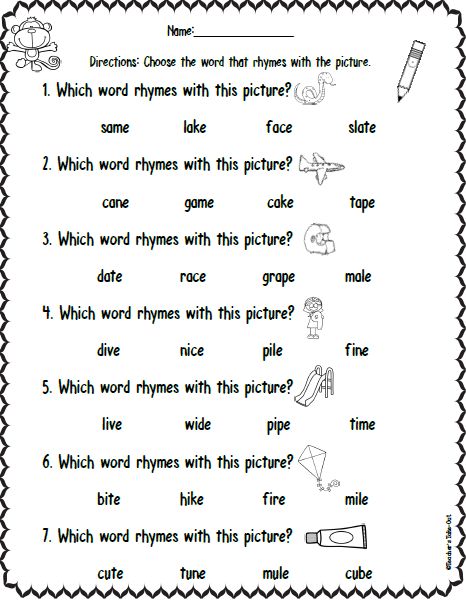
Words That Rhyme With Ake
- Ache
- Bake
- Cake
- Brake
- Break
- Fake
- Flake
- Lake
- Make
- Quake
- Rake
- Sake
- Take
- Sneak
- Steak
- Stake
- Wake
Words That Rhyme With Ale
- Bail
- Bale
- Kale
- Dale
- Fail
- Hail
- Male
- Nail
- Pail
- Pale
- Rail
- Sail
- Snail
- Sale
- Stale
- Tail
- Tale
- Trail
- Whale
- Detail
- Toenail
Words That Rhyme With Ain
- Brain
- Cane
- Chain
- Crane
- Drain
- Gain
- Grain
- Lane
- Mane
- Main
- Pane
- Pain
- Plain
- Plane
- Reign
- Rain
- Sprain
- Stain
- Strain
- Train
- Again
Words That Rhyme With Or
- Door
- Chore
- Core
- Four
- For
- Sore
- Floor
- Door
- More
- Oar
- Snore
- Soar
- Store
- Score
Words That Rhyme With School
- Cool
- Cruel
- Drool
- Fool
- Fuel
- Ghoul
- Jewel
- Mule
- Pool
- Spool
- Tool
- Who’ll
- You’ll
- Yule
Any Time Can Be Rhyme Time
Whether you are playing rhyme I-spy, singing nursery rhymes, or reading a book of children’s poems, the time you spend sharing rhymes with your child is helping them develop spoken language.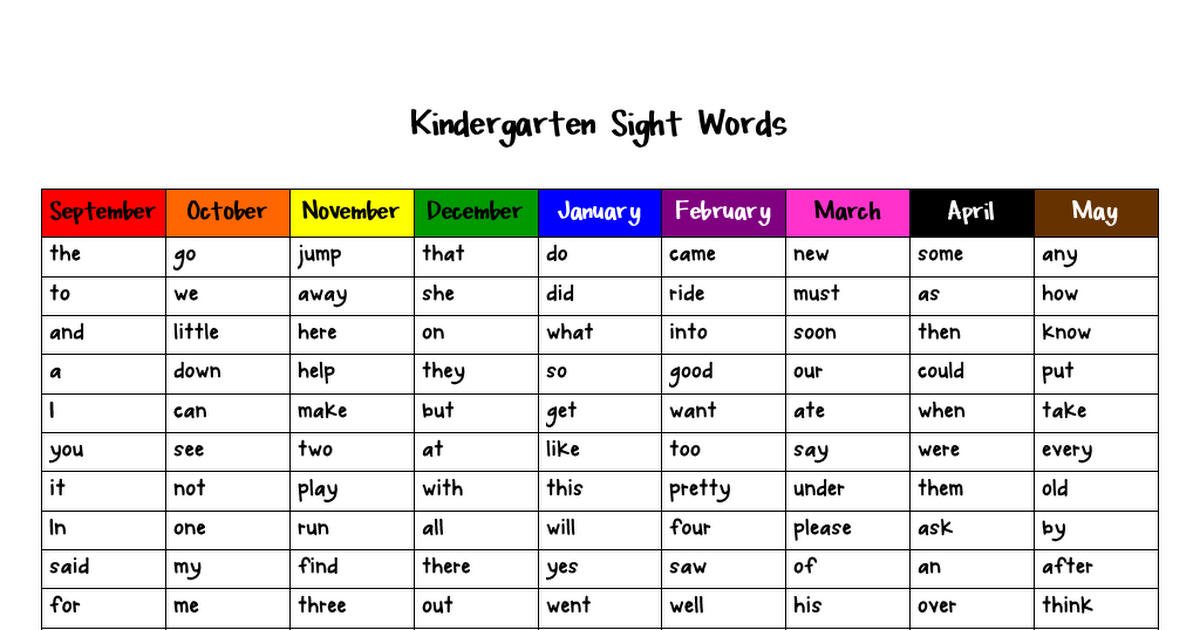
Build a little rhyme time into every day and give your child an advantage.
Introducing rhyming words is an excellent way to lay a solid foundation for literacy.
Feedback: Was This Article Helpful?
Thank You For Your Feedback!
Thank You For Your Feedback!
What Did You Like?
What Went Wrong?
List of Rhyming Words for Kids: Early Language Development
We all have memories of our childhood learning nursery rhymes and rhyming stories. Some people still remember the whole rhyming poem with the tone of it, this teaches us that rhyming words for kids are essential objects to develop early language abilities such as listening and speaking. Children with strong language abilities are shown to develop rigorous reading and writing skills.
Helping your child with recognition and identification of rhyming words helps them dually with verbal language polishing and the variety of vocabulary of the language. Introducing rhyming words to your younger ones also helps them with literacy in that language.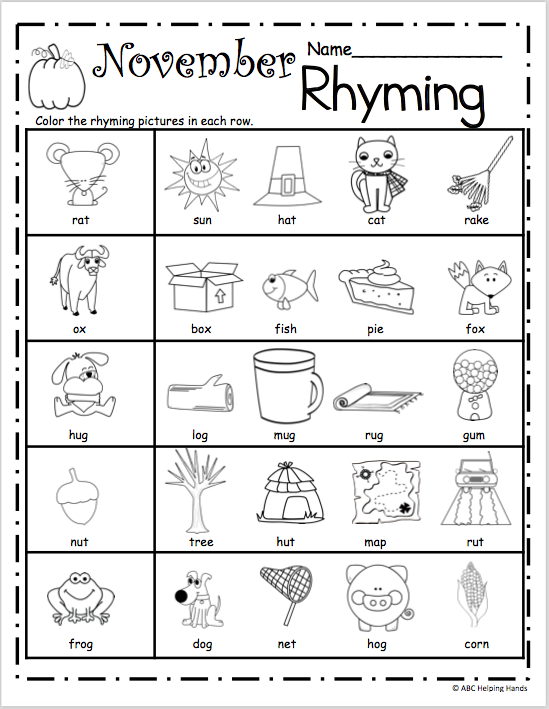 Children learn to rhyme in three stages, they are not distinct from each other as they overlap with each other.
Children learn to rhyme in three stages, they are not distinct from each other as they overlap with each other.
Learning courses for your kids! Get free trial here
Also read: Simple English Words for Daily Use for Kids: List Of Words for Kids to Use Daily
- Exposure – Introducing them with rhyming words can be as simple as singing a nursery song, hearing the particular pattern in the song can aid the learning of the song by the kid. Exposing them to a variety of rhyming songs while reading and singing them together.
- Recognition – After singing and hearing the song child should be able to recognize the pattern of the rhyme also called rhyme recognition.
- Production – After exposure and recognition of rhymes your child will be able to produce rhyme themselves. Asking questions to rhyme simple daily used words such as jug, door, the cup will make them curious to explore more.
Also read: Opposite Words in English for Kids: Ways to Help them Improve their Vocabulary
How to Teach –
Many methods and materials are available to start the learning with rhyme for kids.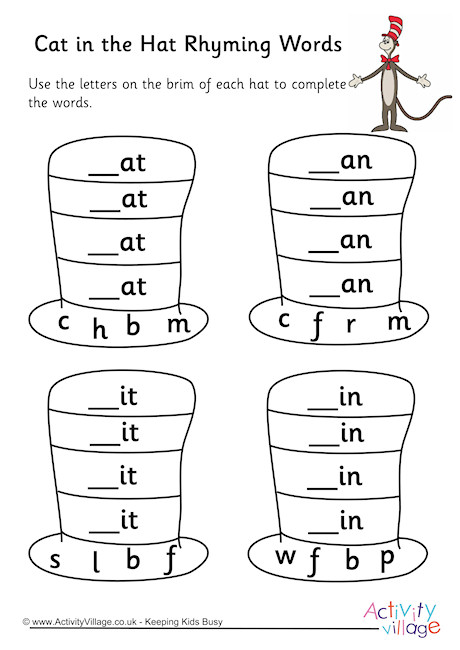 Using multiple ways to teach them the concept of rhyming and introducing them with new words works better and kids also enjoy it.
Using multiple ways to teach them the concept of rhyming and introducing them with new words works better and kids also enjoy it.
Following are the common ways that can be used as an introduction with rhyming words for your kid list.
- Reading rhyme books, poems, and songs.
- Puzzles containing rhyming words.
- Clipping cards
- Lap books
- Rhyming dictionaries
Also read: Jolly Phonics Tricky Words for Kids: How to Teach Them to Kids?
List of Rhyming Words for Kids –
The following list of rhyming words is useful for nursery level and first-grade kids, as your child makes gradual improvement you can switch into more complex rhymes.
A) Rhyming words with “at”
- Bat
- Cat
- Fat
- Hat
- Mat
- Pat
- Rat
- Sat
- Vat
- Slat
- Brat
- Flat
- Chat
- Splat
- That
B) Rhyming words with “an”
- Ban
- Can
- Fan
- Man
- Pan
- Ran
- Tan
- Van
- Flan
- Plan
- Span
- Scan
C) Rhyming Words with “ab”
- Cab
- Dab
- Drab
- Fab
- Flab
- Grab
- Jab
- Nab
- Lab
- Slab
- Tab
- Crab
D) Rhyming Words with “ad”
- Add
- Bad
- Clad
- Dad
- Fad
- Had
- Lad
- Mad
- Pad
- Rad
- Sad
E) Rhyming Words with “all”
- Ball
- Call
- Fall
- Hall
- Mall
- Shawl
- Tall
- Wall
- Thrall
- Gall
F) Rhyming Words with “ag”
- Bag
- Flag
- Drag
- Gag
- Hag
- Nag
- Rag
- Sag
- Tag
- Wag
G) Rhyming Words with “ip”
- Ship
- Chip
- Clip
- Dip
- Drip
- Flip
- Grip
- Hip
- Kip
- Lip
- Nip
- Pip
- Rip
- Sip
- Slip
- Skip
- Snip
- Tip
- Trip
- Zip
H) Rhyming Words with “ap”
- App
- Cap
- Clap
- Flap
- Gap
- Lap
- Map
- Nap
- Rap
- Scrap
- Slap
- Snap
- Strap
- Snap
- Tap
- Trap
I) Rhyming Words with “id”
- Bid
- Did
- Hid
- Kid
- Lid
- Mid
- Rid
- Sid
- Grid
- Slid
- Skid
- Squid
J) Rhyming Words with “op”
- Bop
- Cop
- Crop
- Clop
- Drop
- Flop
- Hop
- Mop
- Plop
- Prop
- Shop
- Stop
- Swap
- Top
K) Rhyming Words with “am”
- Clam
- Cram
- Dam
- Gram
- Ham
- Jam
- Lamb
- Ram
- Slam
- Spam
- Tram
L) Rhyming Words with “ig”
- Big
- Dig
- Fig
- Gig
- Pig
- Rig
- Twig
- Swig
- Wig
- Brig
M) Rhyming Words with “ar”
- Are
- Bar
- Car
- Far
- Jar
- Scar
- Star
- Tar
- Ajar
- Guitar
N) Rhyming Words with “aw”
- Awe
- Caw
- Claw
- Draw
- Flaw
- Paw
- Raw
- Saw
- Straw
- Thaw
O) Rhyming Words with “ay”
- Bay
- Clay
- Day
- Gray
- Hay
- Jay
- Lay
- May
- Pay
- Play
- Pray
- Say
- Stay
- Spray
- Sway
- They
- Way
- Trap
Learning courses for your kids! Get free trial here
P) Rhyming words with “ell”
- Bell
- Cell
- Dell
- Fell
- Gel
- Sell
- Shell
- Smell
- SpellPTell
- Well
- Yell
Q) Rhyming words with “en”
- Den
- Men
- Pen
- Ten
- Then
- When
- Wren
- Zen
- Ben
- Ken
R) Rhyming words with “et”
- Bet
- Get
- Jet
- Let
- Met
- Net
- Pet
- Set
- Wet
- Yet
S) Rhyming words with “ew”
- Blue
- Blew
- Brew
- Chew
- Clue
- Crew
- Cue
- Dew
- Drew
- Ewe
- Flew
- Glue
- Grew
- Knew
- New
- Phew
- Shoe
- Shoo
- Stew
- Through
- Threw
- True
- Two
- View
- You
- Who
- Zoo
T) Rhyming Words with “in”
- Bin
- Chin
- Din
- Fin
- Grin
- Inn
- Pin
- Shin
- Skin
- Spin
- Twin
- Thin
- Tin
- Win
U) Rhyming Words with “it”
- Bit
- Fit
- Hit
- Kit
- Knit
- Lit
- Mit
- Nit
- Pit
- Sit
- Quit
- Skit
- Slit
- Spit
V) Rhyming Words with “od”
- Cod
- Bod
- Odd
- Nod
- Plod
- Prod
- Rod
- Squad
- Trod
- Pod
W) Rhyming words with “og”
- Bog
- Blog
- Cog
- Clog
- Dog
- Fog
- Frog
- Hog
- Jog
- Log
X) Rhyming words with “op”
- Top
- Chop
- Cop
- Crop
- Drop
- Flop
- Hop
- Mop
- Pop
- Shop
- Stop
Y) Rhyming words with “ot”
- Blot
- Cot
- Clot
- Dot
- Got
- Hot
- Knot
- Not
- Plot
- Pot
- Rot
- Shot
- Spot
Z) Rhyming words with “ow”
- Bow
- Brow
- Cow
- How
- Now
- Pow
- Sow
- Row
- Vow
- Wow
Conclusion
The rhyming words occupy the majority of our childhood, teaching kids nursery rhymes makes them more receptive and fun to learn.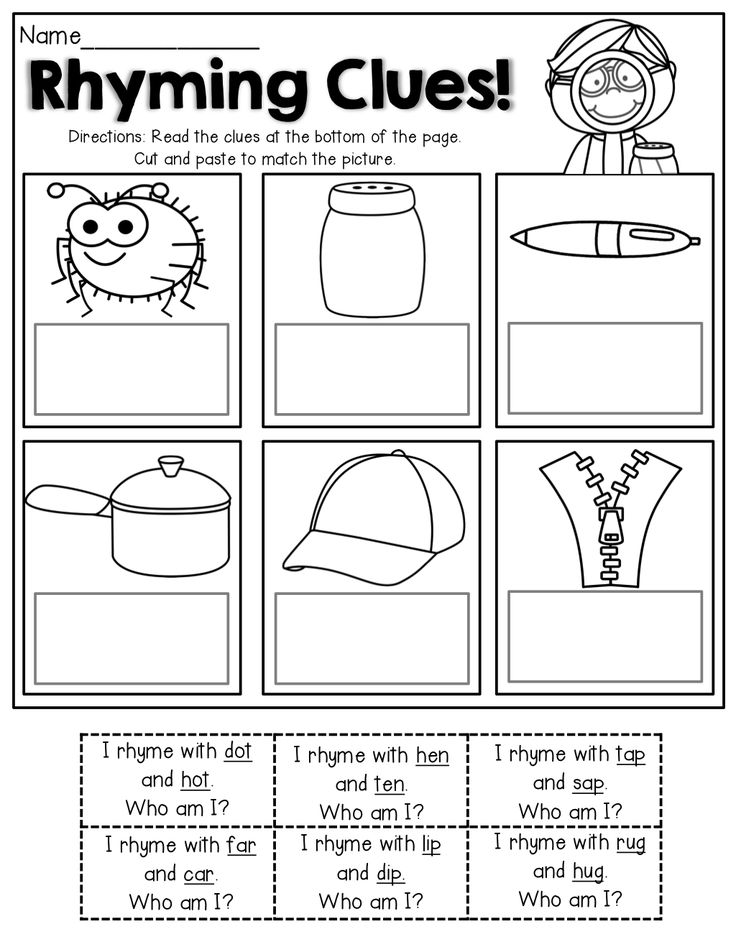 Learning rhymes is way more than just learning the words, it helps children with language development which is considered as one of the vital skills of communication, making them language smart. The successful implication of these rhyme words in front of the children can make them smart in spoken language.
Learning rhymes is way more than just learning the words, it helps children with language development which is considered as one of the vital skills of communication, making them language smart. The successful implication of these rhyme words in front of the children can make them smart in spoken language.
Building a rhyming skill little by little through nursery rhymes, reading rhyming stories, everyday object rhyming, and including other activities such as lap book, puzzles, word games. Teaching your kid rhyme words will solidify the foundation of their literacy, and give them an advantage of developed language skills. Hopefully, you found this article helpful. You can share your view with us by commenting in the below box.
Also read: Why do Kids Today have to Learn about Verbs, Adverbs, Pronouns etc? Why is Grammar Important?
Game rhymes
Sergeeva T.V.
Chain rhyme
GOALS
- Teach children to answer with a word consonant with the one named.
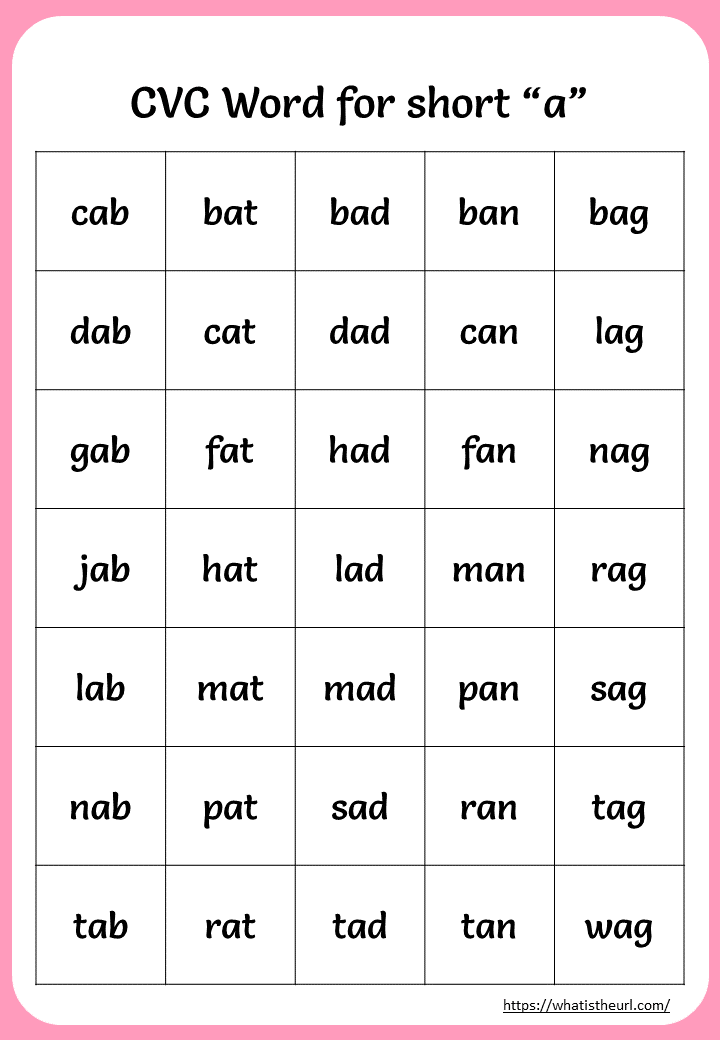
- Learn to feel the rhythm, rhyme.
Teacher
Guys, let's play soon.
We will choose different words!
Say any words, okay?
But only such that it turns out ...
(smoothly).
What words similar in sound can be found for the word bird?
Children. Titmouse, small, singer.
Teacher. Speaking of bunny?
Children. Know-it-all, dunno, runaway, jumper, runaway.
Teacher. Speaking of cat?
Children. Spoon, bowl, basket, accordion, midge, potato, window, leg, earring, matryoshka.
Teacher. Speaking of mouse?
Children. A bump, a puff, a puff.
Teacher. Speaking of cancer?
Children. Poppy, tank, varnish, like.
Variant
The teacher throws the ball and pronounces a word, the one who catches the ball answers with a word consonant with the name.
Stove - sheep, river.
Birdie - titmouse.
Magpie - white-sided.
Bunny - runaway.
Find a pair
GOALS
- To teach children to match words that are similar and different in sound-rhythmic structure.

- Develop visual memory.
Teacher. Connect the words of the two columns so that you get a rhyme.
Edge Grass
Firewood Scallop
Herringbone Hut
Cockerel Needle
White-sided Fox
Bunny Cornflower
Magpie Sister
Titmouse Flower
Cowardly Bird
Variant
Picture words can be suggested. Children find a picture that is similar in sound-rhythmic structure.
Game with pictures
OBJECTIVES
- Teach children to choose a rhyme for the word - the name of the picture.
- Develop language flair.
First you need to prepare cards with pictures from which you can make rhyming words, for example, a picture of a pipe, another picture of a sponge. All pictures are located on a large table or on a carpet on the floor. Children distribute them in rhymes. For example, near the picture of a river there is a picture of a stove, a donkey is a goat, a cat is a spoon, a watering can is a snake, etc.
Options
1. One child takes a picture, the other finds a picture with a rhyming word. Both say their words out loud. The group repeats.
2. Place pictures face down. Open one picture and say the corresponding word out loud. Whoever can name the rhyming word gets a picture and can open the next one.
3. One picture is opened. All children draw an object called a rhyming word. Here the solution is represented by a figure.
Say a word
OBJECTIVES
- Teach children to write their own rhyming lines.
Teacher. You already know how to pick up rhyming words. Today we will try to make suggestions.
Where were you, squirrel, walking?
Children
I collected nuts.
Teacher
The squirrel jumped fast,
Children
Lost all the nuts.
Teacher
Whom did you find, hedgehog?
Children
I brought a squirrel to you.
Teacher
Yesterday we played in the forest,
Children
We saw a huge mushroom.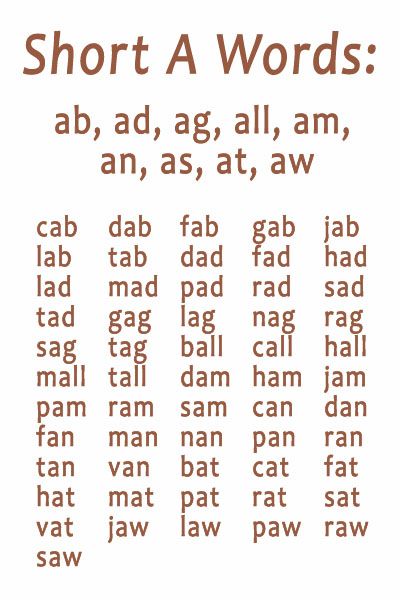
Teacher
A fungus stood aside,
Children
The hedgehog couldn't find it.
Teacher
Like a little hedgehog
Children
Shoes have become torn.
Teacher
And our squirrel
Children
Clean plates.
We are poets
OBJECTIVES
- To teach children to compose quatrains that contain a whole story.
Teacher
The teacher says to Paraska:
“What fairy tales have you read?”
Paraska thinks, "Oh,
I haven't read any!"
And behind someone whispers:
"Turnip!"
Paraska yelled: "Cap!"
Today we will also come up with funny poems. What or who do you want to write about?
Children answer.
Let's talk about the cat, let's support Serezha. I will write down what you tell me, and then I will read out what we have done.
Children come up with unexpected situations with a cat by rhyming words.
Children. The cat sat on the window. The cat saw a midge. The cat took a basket and went for potatoes.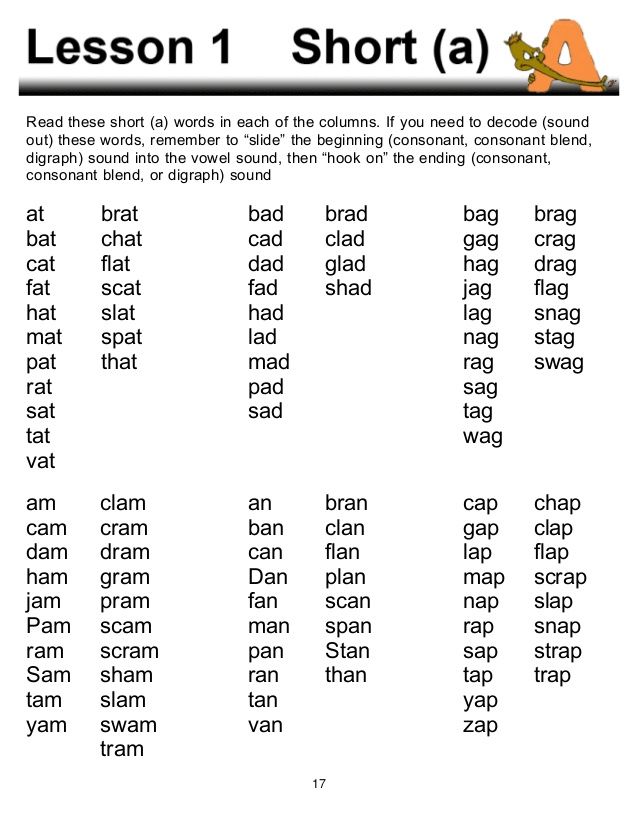 The cat sat on the window and dangled its legs. The cat put all the spoons in a basket.
The cat sat on the window and dangled its legs. The cat put all the spoons in a basket.
Council. The most important thing is not to leave the words of children without attention. And for each word come up with a rhyme.
Stories to rhyme
OBJECTIVES
• Teach children to write simple rhymes.
• Learn to distinguish between the sound and semantic sides of speech.
Teacher. Do you already know what rhyme is in poetry?
For example, the rhyme for the word flower can be a leaf, and for the word porridge - curdled milk. Bear cub Misha wants to teach you how to do it. They drew funny pictures with Druzhok and came up with inscriptions in verse for them. And the last word in the second line of each rhyme was not completed. Find the right rhyme yourself. It's not difficult at all.
A friend is behind the fence and looks timidly,
How cleverly a friend is wielding ... (with chalk).
Druzhka is disturbed by one thought
Will they see ... (elephant).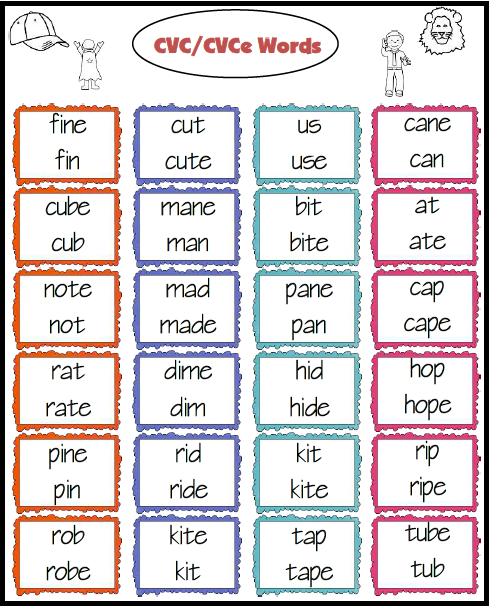
When Mishka gets tired of playing
Let him stand at the gate ...
(mouse).
All morning they searched and searched until
Found a new bowl...
(Druzhka).
Help Dunno compose poetry
OBJECTIVES
• To teach children to distinguish between sound and semantic aspects of speech.
The teacher brings N. Nosov's book "Adventure Dunno".
Teacher. Guys, did you recognize this book? Today I will tell you how Dunno wrote poetry.
... After Dunno did not turn into an artist, he decided to become a poet and compose poetry ... Dunno came to the poet Tsvetik and said:
- Listen, Tsvetik, teach me to compose poetry. I also want to be a poet.
- Do you know what a rhyme is?
- Rhyme? No, I do not know.
- Rhyme is when two words end in the same way, - explained Tsvetik. - For example: a duck is a joke, a shortbread is a walrus. Understood?
- Understood.
- Well, say a rhyme for the word "stick".
- Herring, - Dunno answered.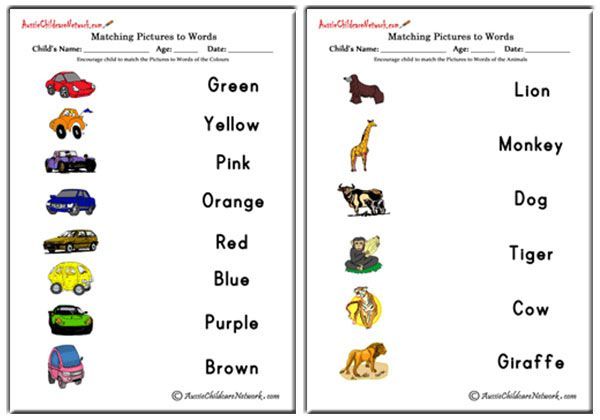
Guys, help Dunno.
Game in progress.
All day long Dunno wrote poetry and finally came up with:
Znayka went for a walk to the river,
Jumped over the sheep.
Hurry was hungry -
Swallowed a cold iron.
Under Avoska's pillow
There is a sweet cheesecake.
Find rhymes
OBJECTIVES
- Teach children to identify rhyming words from a text by comparing them.
Teacher. Today I will read B. Shergin's story "Rhymes" to you, and your task is to hear rhyming words. Do you agree?
Shish went to the city on his business. It was summer, it was hot.
An uncle rides a horse ahead. Shish and asked him to give a lift. He sat down next to his uncle. But Shish cannot sit silently. He is only silent when he sleeps. He says:
- Uncle, let's play rhymes.
- What is it - rhymes?
- And let's say it so that it was smooth.
- Come on.
- Here, uncle, what was your father's name?
- My dad's name was Kuzma.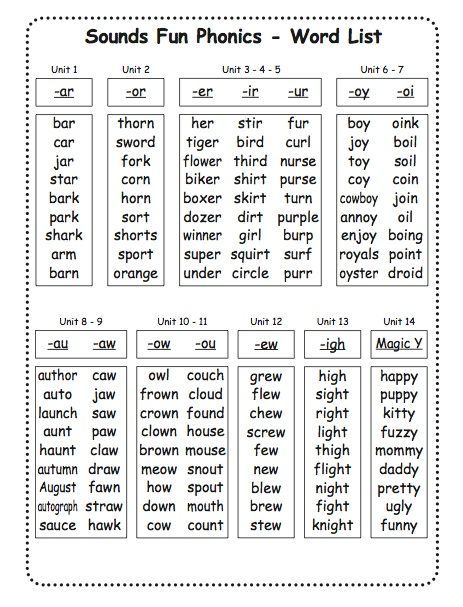
Shish says:
I'll take your Kuzma
by the beard!
- Why are you going to take my dad by the beard?
Shish says:
- This, uncle, is for rhyme. Tell me what your grandfather's name was.
- My grandfather's name was Ivan.
Shish says:
Your grandfather Ivan
Put the cat in his pocket.
The cat is crying and sobbing,
Your grandfather is scolding.
The uncle got excited:
- Why would my grandfather put a cat in his pocket? Why are you picking up such rubbish?
- This is an uncle, for rhyme.
- I'll tell you a rhyme, what's your name?
- My name is… Fedya.
Uncle says:
If you are Fedya,
Then catch a bear in the forest.
Ride a bear,
Get off my horse!
- Uncle, I was joking. My name is not Fedya, but Stepan.
Uncle says:
If you are Stepan,
Get on the eroplane,
On the eroplane and fly,
Get off my horse!
- Uncle, I was joking. My name is not Stepan, but… Silantiy.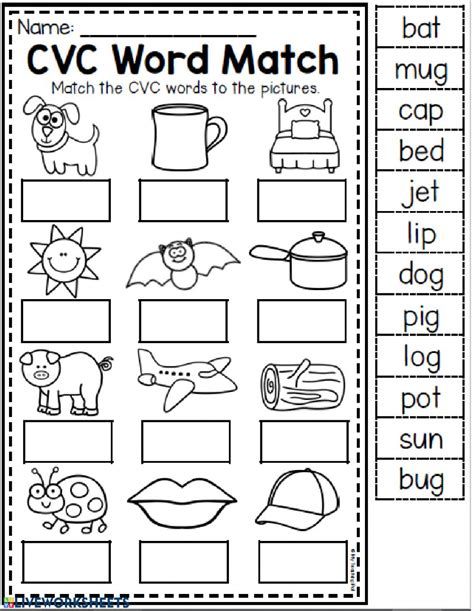
Uncle says:
If you're Silantius,
Then get off my horse.
- What are you, uncle, there is no such word - “tears”.
- Although not, get off anyway!
Shisha had to get off the cart. It serves him right. If a kind person carries you on a horse, you sit silently, and do not invent all sorts of trifles.
Children find rhyming words in the text and name them.
Rhymes for children 5-7 years old
01/23/2023
Rhyming miniatures are an excellent tool to form phonemic hearing and language sense in preschoolers. This exciting activity is very important for the full mental development of the child. Useful recommendations will help adults make the process of learning rhymes more effective.
We all remember the lines of children's poems memorized in early childhood. After all, simple rhymes are involuntarily deposited in our memory. That is why it is very important to use rhyming texts when studying with preschoolers. Such unpretentious, at first glance, poems help to lay the first moral values in the kids, to significantly increase their vocabulary.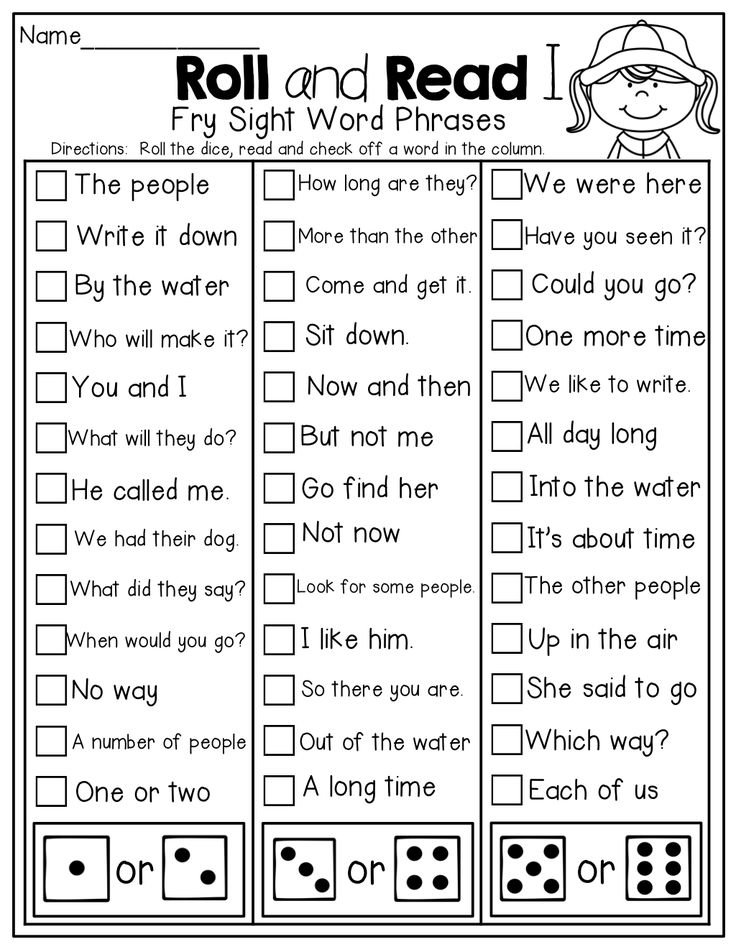
Contents:
- The importance of rhyme for the development of the baby
- Explaining the concept of rhyme to the baby
- Sequentially teaching the child to compose rhyming texts
- Burime: suggesting rhymes to a preschooler
- Rhyming games for children 5-7 years old
The importance of rhyme for the development of the baby
The first works that adults introduce to preschool children are poems. From birth, mothers tell nursery rhymes and jokes to babies, sing lullabies. Interestingly, our ancestors did this intuitively, of course, not knowing that poetic forms have a positive effect on the mental development of an infant. Already in the 20th century, scientists proved how important it was to communicate with a child earlier, reading literary works to him.
Although at first the baby does not understand the meaning of what he heard, he gets used to his mother's speech, feels her rhythm, he likes emotionally colored expressive reading. At the same time, the baby perceives rhyming lines best of all. Words similar in pronunciation are easier to remember due to associative links. As the baby grows older, he begins to repeat verses himself, which is very important for the development of speech, it trains the brain well. Parents should encourage this activity, and a little later encourage the child to independently select words to rhyme. Such verbal exercises are not only exciting, but also useful, as they develop auditory perception, phonemic hearing, and linguistic flair.
At the same time, the baby perceives rhyming lines best of all. Words similar in pronunciation are easier to remember due to associative links. As the baby grows older, he begins to repeat verses himself, which is very important for the development of speech, it trains the brain well. Parents should encourage this activity, and a little later encourage the child to independently select words to rhyme. Such verbal exercises are not only exciting, but also useful, as they develop auditory perception, phonemic hearing, and linguistic flair.
Explaining the concept of rhyme to a child
What is rhyme? This is a combination of words that are similar in pronunciation and have the same stressed vowel. For a preschooler, the concept of rhyme can be simplified - designate it as "words that sound similar." In poems that are designed for younger preschool age, exact rhymes are usually used, for example, accordion - potatoes, bag - pot, bear - bump . In poetry, which is offered to older children, you can already find more complex rhymes, for example, black ice is not going.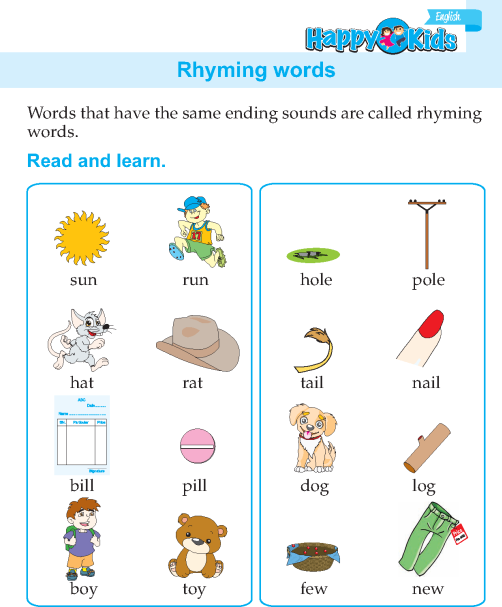
What are the types of rhymes:
- Male. Here the stress is always on the last syllable ( ram - drum ).
- Women's. The stress is on the penultimate syllable ( Masha - porridge ).
- Dactylic. Here the stress is on the third syllable from the end of the word ( cat - at the window ).
- Hyperdactylic. The stress is on the fourth, fifth or sixth syllable from the end ( bounces - winks ).
Sequentially teaching the child to write rhyming texts
Older preschoolers usually like to rhyme words and compose simple verses. Parents and kindergarten teachers should definitely encourage these verbal experiments. After all, they well develop imagination and a sense of the beauty of their native language. In the future, such a child will better perceive poetry.
Teaching a preschooler to rhyme texts should be done in stages.
- We introduce the child to the concept of rhyme, explain that words that rhyme are always at the end of the line.
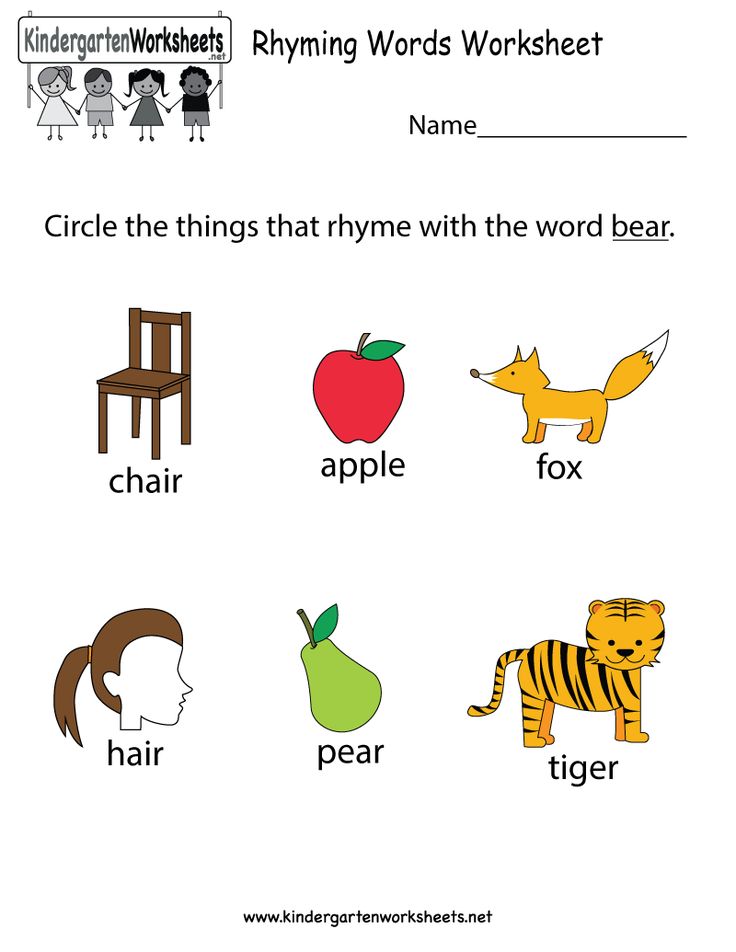
- We propose to compose a small poem according to a certain algorithm, for example: 1) Once upon a time ... 2) What was he or what was his name. 3) What did. 4) Conclusion about this character.
- We select a rhyme. An adult, together with a child, composes a poem according to the algorithm.
- A preschooler tries to compose poetry himself.
It is unacceptable to push the baby, to put too much pressure on him or to be ironic about his first poetic experiments. The child should be captivated by the process of writing texts. Gradually, he will learn to create rhymes without the help of an adult.
Burime: suggesting rhymes to a preschooler
A great idea is to invite a 5-7 year old child to play the literary game burime. It consists in composing poems to given rhymes. This game originated in the 17th century in France and quickly gained popularity in high society. In the classic version, entertainment has several rules:
- rhymes cannot be changed;
- they must be heterogeneous;
- the theme of the poem is agreed in advance.
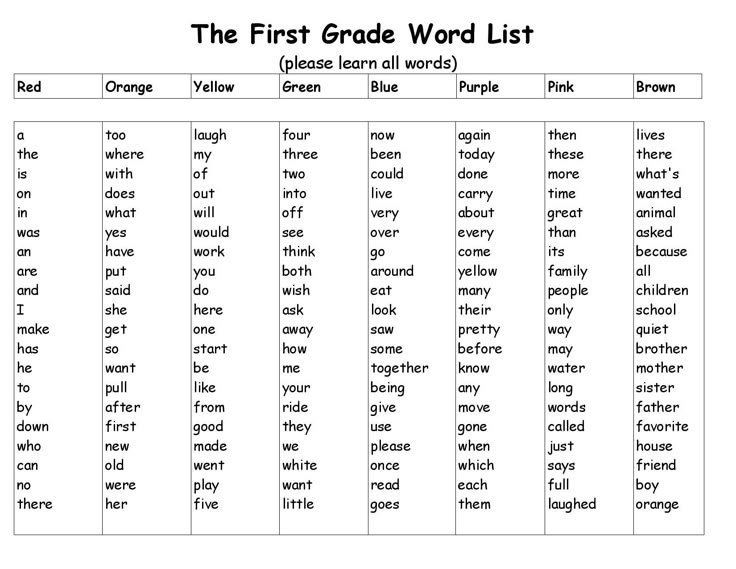
For children, the game should be adapted to the child's age and individual abilities.
Consider the example of burime. A couple of words “ ant - sparrow ” are taken. Next, you need to come up with sentences with these words (one for each). Usually the kid makes up a simple non-common sentence, for example, “ the ant is crawling ”, “ the sparrow is flying ”. An adult, with the help of leading questions, helps to complete the sentences: where is the ant crawling? What is he crawling with? The result is something like this:0009 An ant crawls along the path with a reed,
And a sparrow flies after him.
Rhyming games for children aged 5-7
At preschool age, a child learns everything through play. Fascinating tasks for the selection of rhymes should be offered not only at home, but also on a walk, on the road, in a long line. In addition, an interestingly organized game will be a great alternative to cartoons and a tablet.